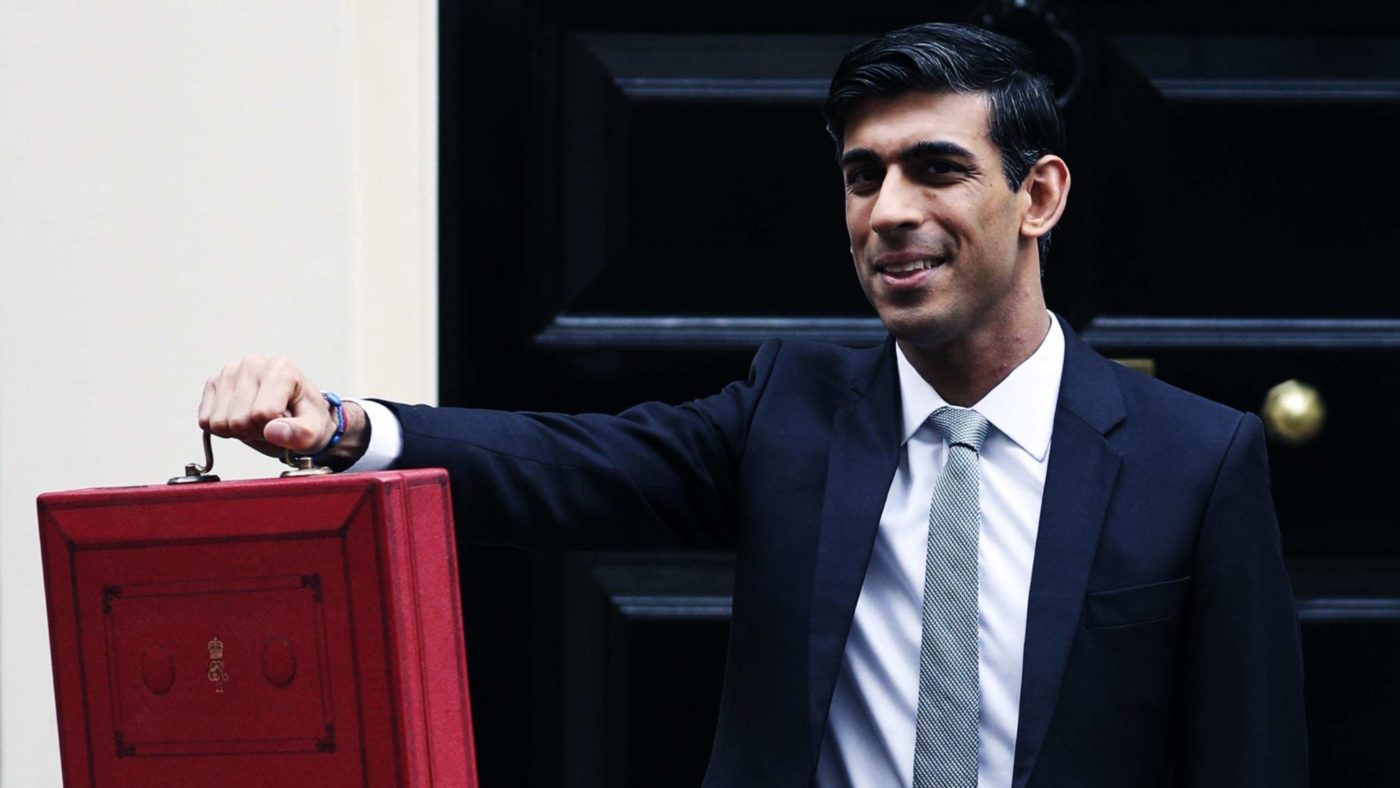Rishi Sunak’s first Budget was confidently delivered, politically astute and, for the most part, economically sound. As usual, it will take a while to work through the details of every announcement and no doubt some of these will fail to live up to the headlines on the day. But the big picture has three big pluses.
First, the response to coronavirus is well judged. The Chancellor provided a textbook diagnosis of the potential impacts on the supply and demand sides of the economy and prescribed the right medicines. In total about £12 billion has been earmarked for this package, comprising £5 billion for the NHS and other public services and £7 billion in direct support to the most vulnerable individuals and companies, especially smaller businesses.
As it happens, even £12 billion may not be enough in the government’s worst case scenario, where up to fifth of the labour force might be off work at any one time. But the package could be scaled up if required and the Chancellor has said he is willing to do so. And the Bank of England could still do more to support small businesses through cash flow problems too.
There are still some concerns about the potential impact on the very lowest earners, or the self-employed, who will not usually qualify for statutory sick pay (SSP). However, it makes sense to respond to a temporary shock like coronavirus by making sure these people are helped by other benefits, including Universal Credit, rather than extending SSP which is only designed to replace employment income.
Second, the Chancellor stuck to the fiscal rules laid out in the Conservative Manifesto: the current budget will still be balanced by 2023 (with some headroom), and investment spending will be capped at (a still sizeable) three per cent of GDP. Admittedly, this assessment is based on the OBR’s pre-coronavirus projections. But a temporary hit to the 2020 numbers would not necessarily change this. Indeed, the OBR itself has said that COVID-19 should have limited impact on borrowing over the medium and longer term. I’d add that it’s precisely the sort of temporary shock where the deficit should be allowed to take the strain.
Fiscal hawks will still be worried that the Chancellor has announced a review of the fiscal rules, with an obvious bias towards loosening them further. I share these concerns. While borrowing costs are currently low (and coronavirus has lowered them further), it would be unwise to assume that they will remain low forever. And while annual deficits have been reduced, this has been too slow to prevent the stock of debt from rising to uncomfortably high levels, especially given the longer-term pressures from an ageing population. Unless you believe in magic money trees, a pound spent by the government is still a pound that cannot be spent by someone else.
Nonetheless, it might have been worse: the Chancellor could have used the cover of coronavirus to abandon the rules today – as some had advocated. Instead, the review will still give time for all sides of the argument to be heard.
Third, despite promises of large increases in government spending, especially on infrastructure, there was still a free-market, pro-enterprise tone to the Budget speech. In particular, there was a welcome emphasis on economic growth as the best way to pay for increased investment in public services, rather than higher taxes.
On tax itself, the Budget delivered on the Manifesto commitments, notably the raising of the NICs thresholds. There are a few questionable tax increases too, but the decision to keep entrepreneurs tax relief while cutting the total amount by which people could benefit was at least a reasonable compromise.
Overall, this was a good Budget. The Chancellor may still be a long way from balancing the books, but he struck the right balance elsewhere.
Click here to subscribe to our daily briefing – the best pieces from CapX and across the web.
CapX depends on the generosity of its readers. If you value what we do, please consider making a donation.


